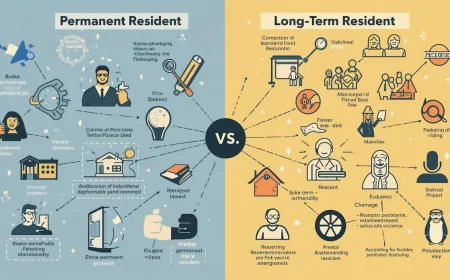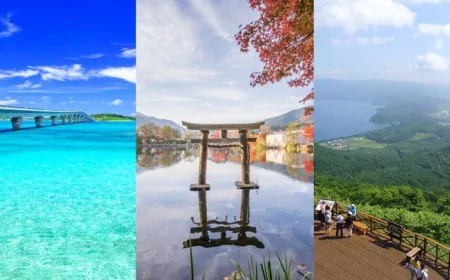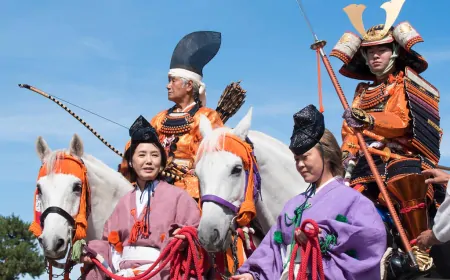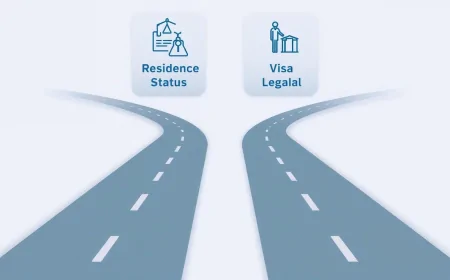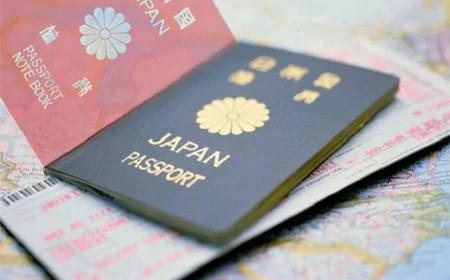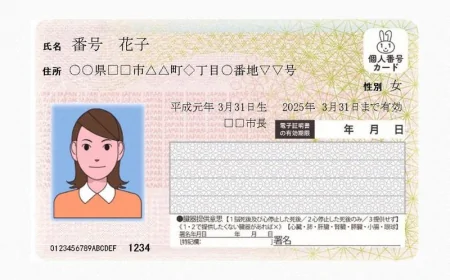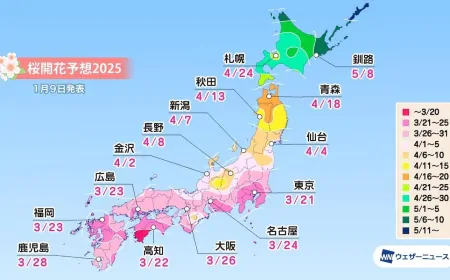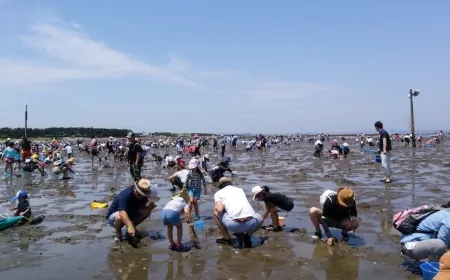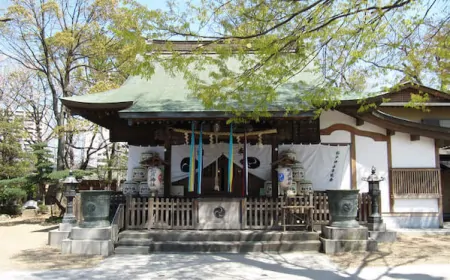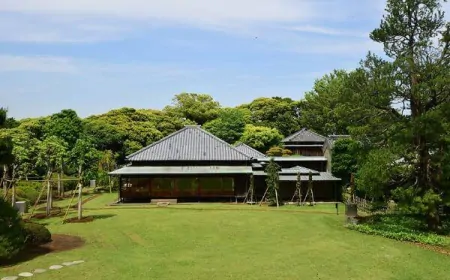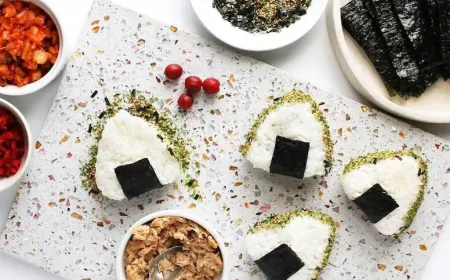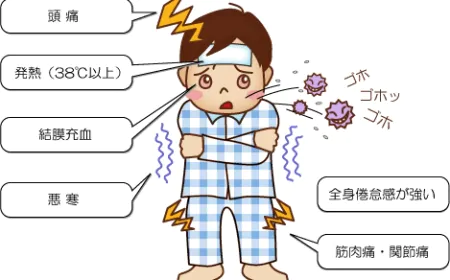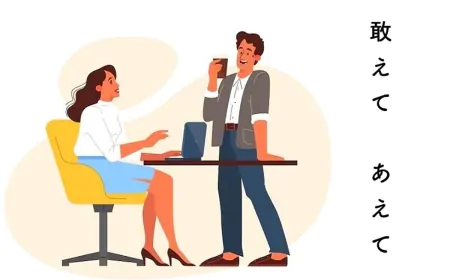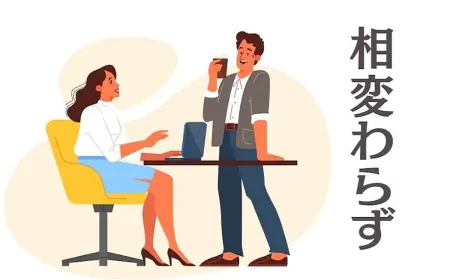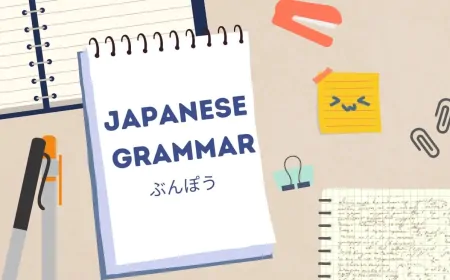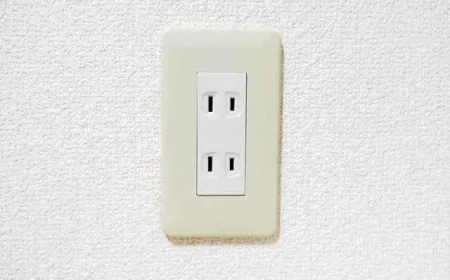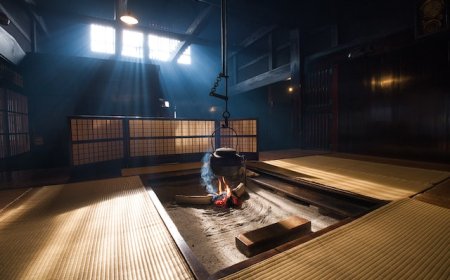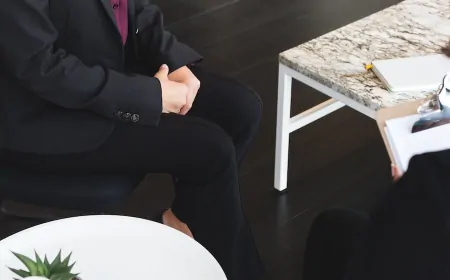Japanese Podcast: Why did you study Japanese?
Hello everyone! Welcome to the Injavi Podcast. In this show, we will bring you an interesting topic every week, a little at a time, in simple Japanese. The Injavi Podcast has a Facebook and YouTube channel, so please enjoy it on whichever you prefer.
Let's get started right away. Well, today's theme is, "Why did you study Japanese?" Foreigners are often asked this question. Foreigners who are visiting Japan, how about you? Let's think about this question a little in this podcast.
Common reasons are that you want to know Japanese culture, you want to be able to speak Japanese, you are interested in the Japanese language, your partner is Japanese, etc. Some people who study Japanese at university or graduate school also study Japanese for their future jobs or to study abroad. Some people come to Japan by chance for work, and some people start studying Japanese because they work for a Japanese company.
Some children who studied in Vietnam studied Japanese as a second foreign language in elementary school, junior high school, high school, and university. In other words, many people study Japanese for various reasons and in various ways.
As far as I know, apart from technical intern trainees who are simply looking for work and money, I think there are two types. The first type is people who like Japanese culture. The second type is pure language nerds.
Regarding the first type, Japan has many unique cultures that Vietnam and other countries do not have. It's not just traditional culture such as sumo and swords. There are countless unique subcultures in Japan, such as karaoke boxes, maid cafes, anime and manga, commuting on crowded trains, delicious food, unique fashion and visual kei music. In fact, the Japanese lifestyle that surrounds us is itself the envy of many Japanese language learners. They admire the Japanese lifestyle of these subcultures, and study with the dream of eventually immigrating. They are the type who would be extremely happy if they could live in Japan and become part of Japan.
The second type is pure language nerds. There are quite a few of them. They are not particularly aiming to come to Japan or interested in Japanese culture, but simply enjoy learning exotic languages as a hobby, or feel intellectually inferior to those who can speak exotic languages.
So let's ask Cham, a very cute Vietnamese girl, why she studied Japanese.
Good evening everyone! My name is Cham, and I'm 24 years old. I currently live in Saitama Prefecture. If I had to sum up why I chose Japanese, I think it was fate. At first, there was no special reason. I just wanted to study languages. Studying languages is very attractive. If you learn a new language that is different from what you've learned before, you can understand new ideas.
Actually, when I was in high school, I started dating a Japanese person I met by chance at a cultural exchange event. He was a handsome and interesting Japanese person. I was a little interested in Japan at the time, but I didn't understand Japanese at all. So we mainly spoke in English. Even after he returned to Japan, we kept in touch on Facebook. Since then, I started to study Japanese seriously.
After studying Japanese for about a year, I also went to Japan on an exchange program. But sadly, I broke up with him when I went to Japan. There's nothing I can do about love between men and women, but instead, my love for the Japanese language gradually grew.
Now, everyone, what is the most difficult thing about studying Japanese? For foreigners, it's conversation, isn't it? When I first came to Japan, I was shocked that I couldn't communicate with Japanese people. My concern at the time was how foreigners such as Nepalese, Indians, and Pakistanis can converse so fluently even though they don't have N1 or N2 Japanese skills. Vietnamese people, even if they stay up all night and study hard and have N2 or N3 Japanese skills, still can't converse with Japanese people with confidence. I was exactly the same. When I talked to a Japanese person, they said, "What did you say? I don't understand," and I immediately replied, "Oh, it's okay, it's nothing." But if I don't practice conversation, I won't improve my Japanese conversation skills at all.
I realized that conversation is very important when studying a foreign language. Even if your grammar is not perfect yet, as long as you keep trying without giving up, your conversation skills will improve. I think it is also important to have confidence in studying a foreign language. It is better to speak confidently. Of course, no one can do it perfectly from the beginning. I think studying a foreign language is like "drops of rain wear away the stone." No matter how much you study a foreign language, you must always speak to someone and output it.
Actually, it has already been three years since I came to Japan. I am gradually getting used to life in Japan. No matter how difficult it is, I think that coming to a foreign country alone to study and live will be an experience that you will never forget. So, everyone, do your best.
Finally, to summarize what I want to tell you today, "If you doze off now, you will dream, but if you study now, you will make your dreams come true." Well, thank you for listening today. Now, this is the end of today's podcast. Thank you very much for listening to the end today. Please follow and subscribe to my channel. See you next time. Bye!
記事に関連する商品











